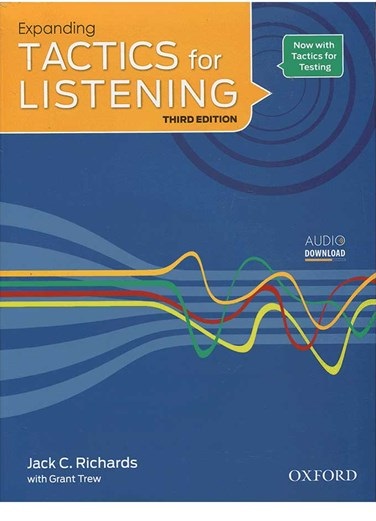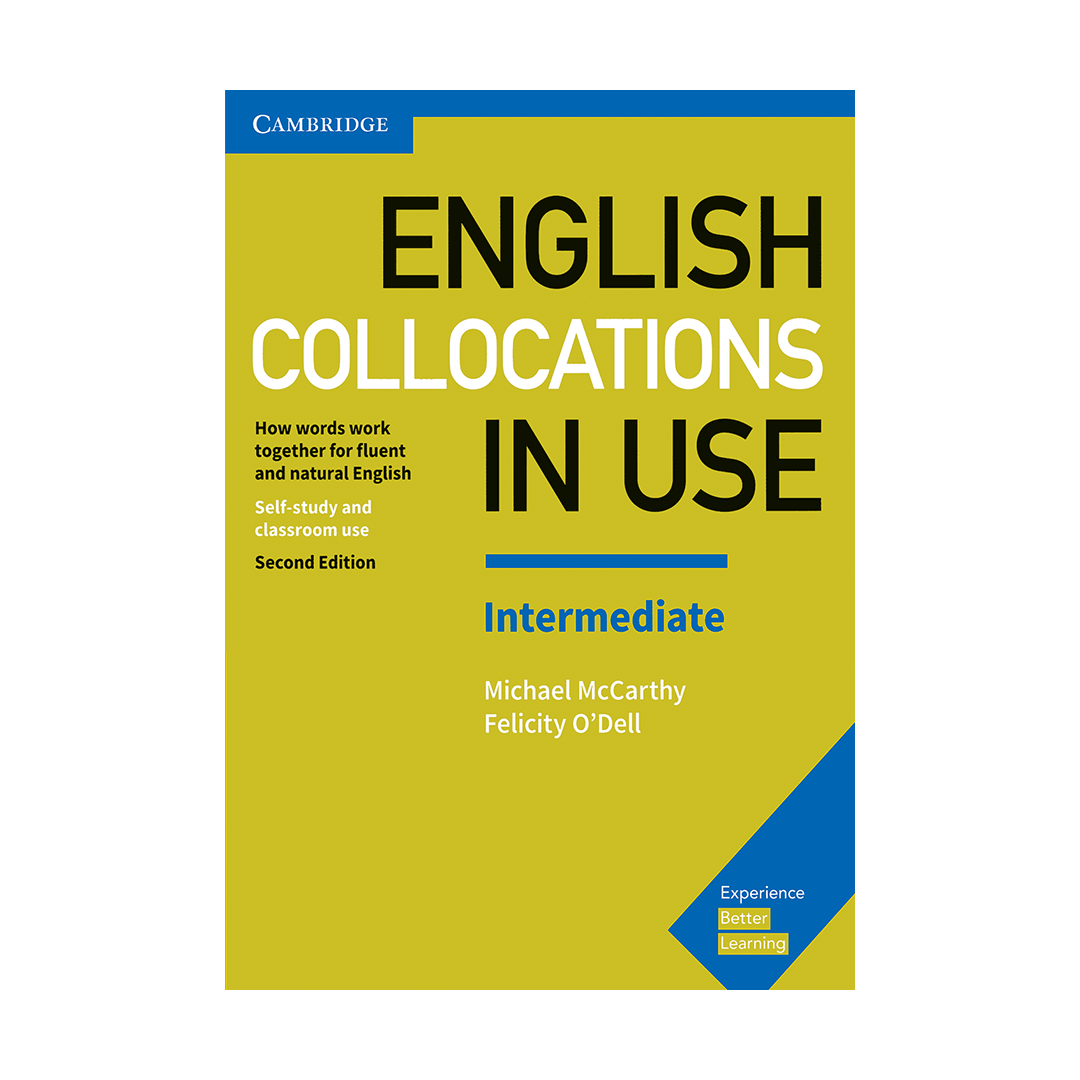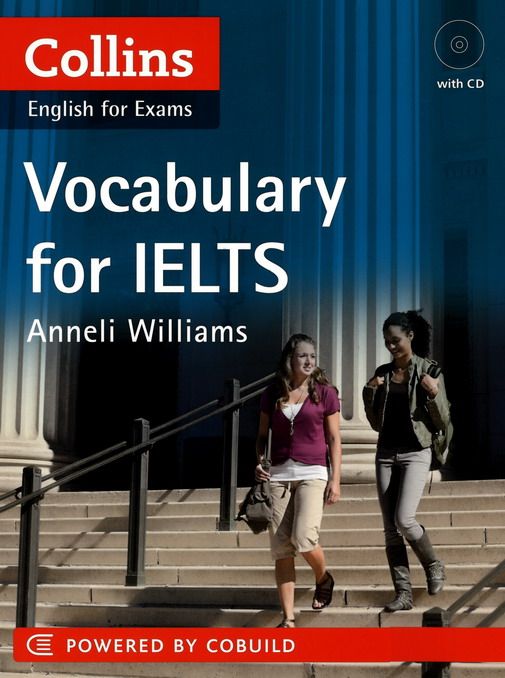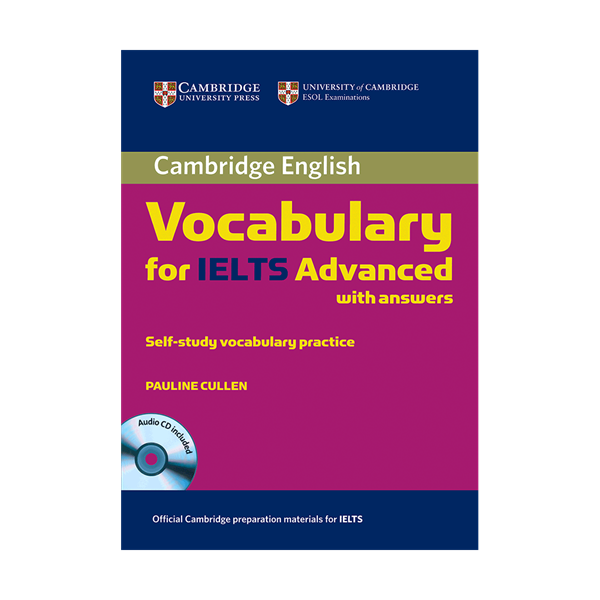Lesson 10
Future simple
Let’s start with an overview of the future tenses:
| Tense | Positive | Negative | Question |
| Future simple: | I will go. | I won’t go. | Will I go? |
| Future continuous: | I will be going. | I won’t be going. | Will I be going? |
| Future perfect: | I will have gone. | I won’t have gone. | Will I have gone? |
| Future perfect continuous: | I will have been going. | I won’t have been going. | Will I have been going? |
The future simple is formed with “will” and the base form of the main verb. To make it negative, you can change it to “will not,” which is usually abbreviated to “won’t.” As the future tense is most likely to be used in the speaking exam, I’ll include “won’t” below. We also very commonly contract “will” to “’ll.” For example, “I’ll” and “She’ll.”
| Positive | Negative | Question |
| I will cook. | I won’t cook. | Will I cook? |
| You will cook. | You won’t cook. | Will you cook? |
| We will cook. | We won’t cook. | Will we cook? |
| They will cook. | They won’t cook. | Will they cook? |
| He will cook. | He won’t cook. | Will he cook? |
| She will cook. | She won’t cook. | Will she cook? |
| It will cook. | It won’t cook. | Will it cook? |
The future simple is used for most events or actions taking place in the future.
- The president will visit Paris next year for a peace
- They will celebrate their fourth anniversary in
Other Ways to Talk About the Future
We can sometimes use the present simple to talk about future events. As strange as that sounds to non-native speakers, it really is true! If an event occurs regularly, we may use the present simple to talk about it. This is the case for movie showings, TV schedules, and transportation timetables. If one of these things oc curs at a set time in the future, you may be able to refer to it with the present simple:
- The movie starts at 9
- Our bus leaves at 7:30
We can use another present tense to talk about personal arrangements that are set for the near future. The present continuous is really common in spoken English for this reason:
- I’m meeting my brother after
- We’re playing golf this
Finally, we can use going to + verb to express intentions for the future. It indicates that something has already been planned (or at least thought about) and that it will very likely take place in the future.
- She’s going to learn French next
- We’re going to visit my brother in
A Final Note on the Future Tenses
In most cases, it can be quite easy to figure out what someone means when they talk about the future, but actually speaking about the future can be more challenging. This is because the differences can be quite subtle. Take predictions for example. You quite often deal with predictions in the IELTS exam, and so this is important. If you have some sort of evidence to back up your prediction, you should use going to, but if you have no evidence, you would use will instead. It can be confusing! Fortunately, even native speakers bend the rules when it comes to tenses (not just for the future) and so using “will” where “going to” should be used is not a major problem.






